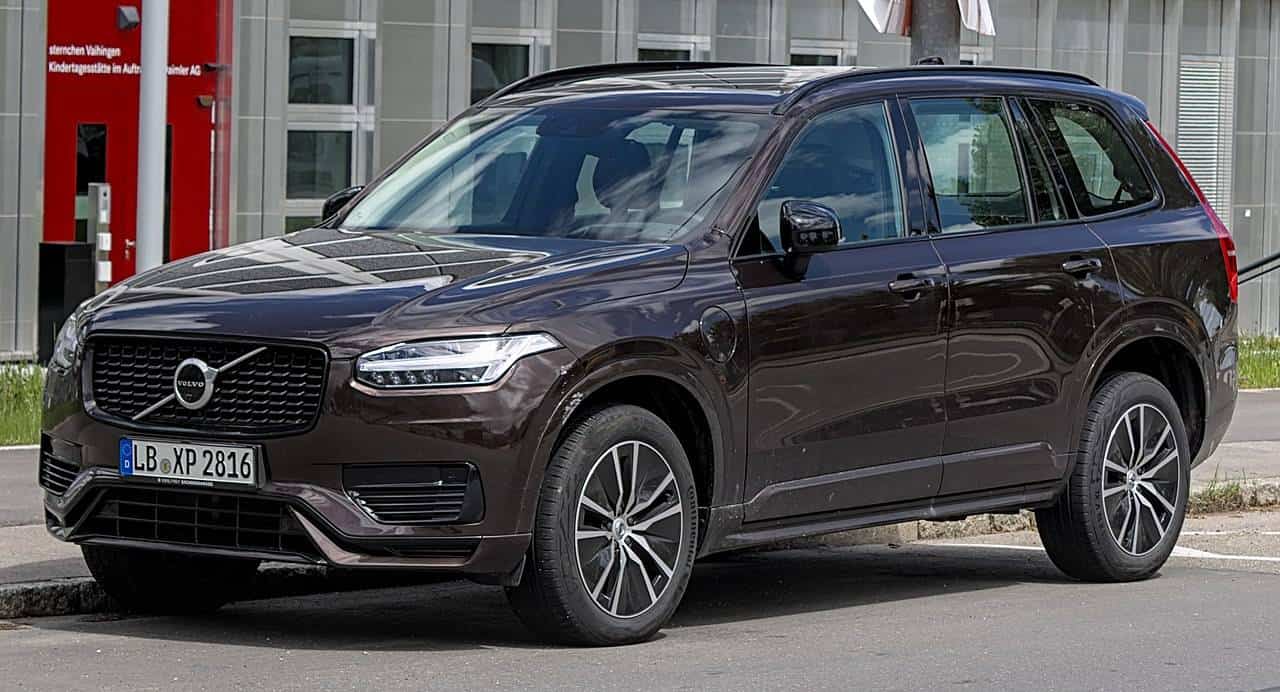STOCKHOLM, SWEDEN – Swedish automaker Volvo Cars said on Thursday rising raw material costs and inflation drove down profits in the third quarter.
The group posted a net profit of US$61 million (665 million kronor) in the July-September period, a drop of 71 percent compared to $211 million (2.3 billion kronor) during the same quarter a year ago.
The figure was far below analysts’ forecasts of between $197 million and $201 million, according to Bloomberg and Factset.
The company’s share price was down by around seven percent in midday trading on the Stockholm stock exchange.
Chief executive Jim Rowan said the company was hit hard by rising raw material prices, record inflation, higher interest rates and the war in Ukraine.
“The macroeconomic uncertainties around the world weighed on our third quarter performance”, he said in a statement.
Revenue meanwhile rolled in slightly higher than analysts’ expectations, rising by 30 percent to $7.28 billion (79.3 billion kronor), boosted by “robust” demand for the company’s SUVs.
Analysts had predicted third quarter sales of between $7.1 billion and $7.22 billion.
Retail sales declined however in some markets, including its main markets Europe and the United States, where the number of vehicles sold fell by 14 and 32 percent respectively.
The carmaker insisted however that its order book remained solid.
Volvo Cars, which aims to have an all-electric fleet by 2030, also reported “sharp pick-up” for its fully-electric vehicles at the end of the quarter, especially in September.
It said sales of fully-electric cars soared by 87 percent in the third quarter, accounting for seven percent of its total sales during the period.
The company, a subsidiary of Chinese group Geely, said manufacturing output continued to improve in the third quarter, but “unforeseen factors” such as power outages and COVID-19 related lockdowns in China “slowed down the pace of normalization”.
It expected production, wholesale and retail growth in the second half of the year.
“For the full year 2022, we expect slightly lower wholesale volumes than 2021, assuming no further major supply chain disturbances. Wholesale and retail volumes will be on similar levels”, it said.







